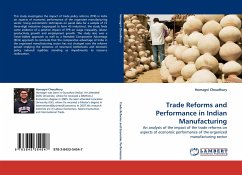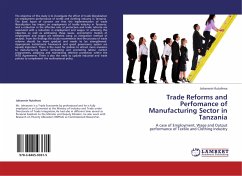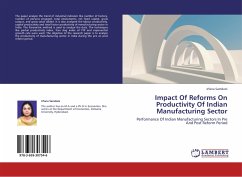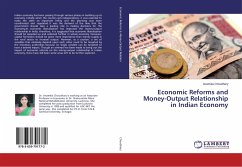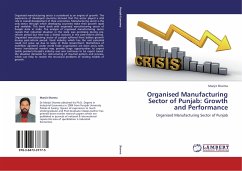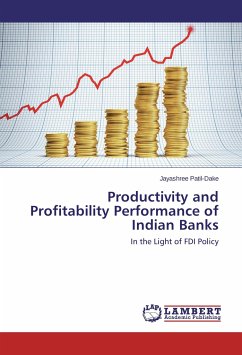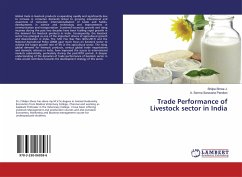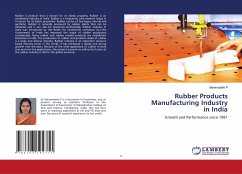This study investigates the impact of trade policy reforms (TPR) in India on aspects of economic performance of the organized manufacturing sector. Using econometric techniques on panel data for a sample of 72 three-digit industries (regrouped to form 45 industries), the study finds some evidence of a positive impact of TPR on wage inequality, labour productivity growth and employment growth. The study also uses a Value-Added approach as well as a Revealed Comparative Advantage (RCA) approach to conclude that the comparative advantage of India in the organized manufacturing sector has not changed over the reforms period implying the existence of structural bottlenecks and domestic policy induced rigidities standing as impediments to resource reallocation.
Bitte wählen Sie Ihr Anliegen aus.
Rechnungen
Retourenschein anfordern
Bestellstatus
Storno

